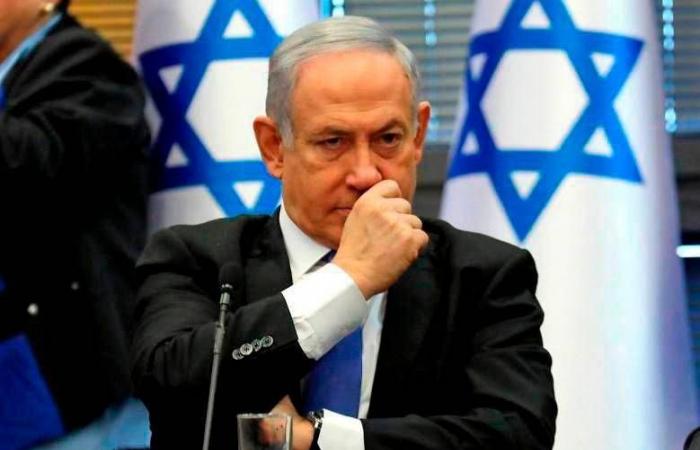Israeli Prime Minister Benjamin Netanyahu has dissolved the country’s War Cabinet, an Israeli official told CNN. This decision comes after the withdrawal of the Chief of the General Staff of the Forces, Benny Gantz from the body.
After Gantz’s departure, a request came from National Security Minister Itamar Ben-Gvir, who belongs to Israel’s most right wing, to join the Cabinet, which would have motivated Netanyahu’s decision.
The war cabinet was established on October 11, five days after the Hamas-led terrorist attacks, as part of an emergency government to make quick decisions in the face of the complex situation.
Gantz announced last week the decision to leave the cabinet, on June 9 he shared his concern regarding war policies and accused Netanyahu of hindering a real victory in Gaza. He also noted that strategic decisions have been delayed by Netanyahu’s personal political considerations. In addition to Gantz, the other member of the General Staff of the Forces, Gadi Eisenkot also left the cabinet, arguing similar reasons.
Gantz, in his statements, urged Netanyahu to call elections soon, to prevent the country from being torn apart by internal divisions.
Gantz’s departure from the cabinet led Ben-Gvir to demand his inclusion in the decision-making body, which was prevented by Netanyahu by dissolving the cabinet. This decision avoids increasing accusations from the international community and tensions with partner countries such as the United States, who could view with concern the inclusion of far-right figures in the core of war decisions, due to possible radicalism in the procedure. of this.
“The time has come to make bold decisions, achieve real deterrence and provide security to the residents of the north, the south and Israel as a whole,” wrote Ben-Gvir in a letter after Gantz’s resignation.
Ben-Gvir, Minister of National Security supports measures such as reinstating settlements in the Gaza Strip and the entry of Israeli troops into Lebanonwhich has generated both internal and international concerns.
Now, decisions will be made in a smaller consultative forum, made up of Gallant, Dermer, the head of the National Security Council, Tzachi Hanegbi, and the leader of the Shas party, Arieh Deri, all close to Netanyahu.
Also read: Pope Francis asks at the G7 to ban weapons controlled by artificial intelligence
Amid this political turmoil, the Gaza Strip experienced relative calm this weekend, following a pause in Israeli military operations in an area of southern Gaza to allow the entry of humanitarian aid.
After eight months of intense bombardment, Gaza Civil Defense spokesman Mohamed Basal described the day as “almost calm compared to the previous days.” However, some shelling was still reported in Gaza City and artillery fire was still reported in Rafah, where the Israeli army launched a ground offensive in early May.
The situation in Gaza remains tense, and the future direction of Israeli operations will depend largely on decisions made in war forums by the Israeli government. With the departure of key figures such as Gantz and Eisenkot, the stability and effectiveness of the strategy in Gaza could face new challenges, as Netanyahu tries to maintain control with Ben-Gvir’s critical voice generating an increasingly polarized political environment.


